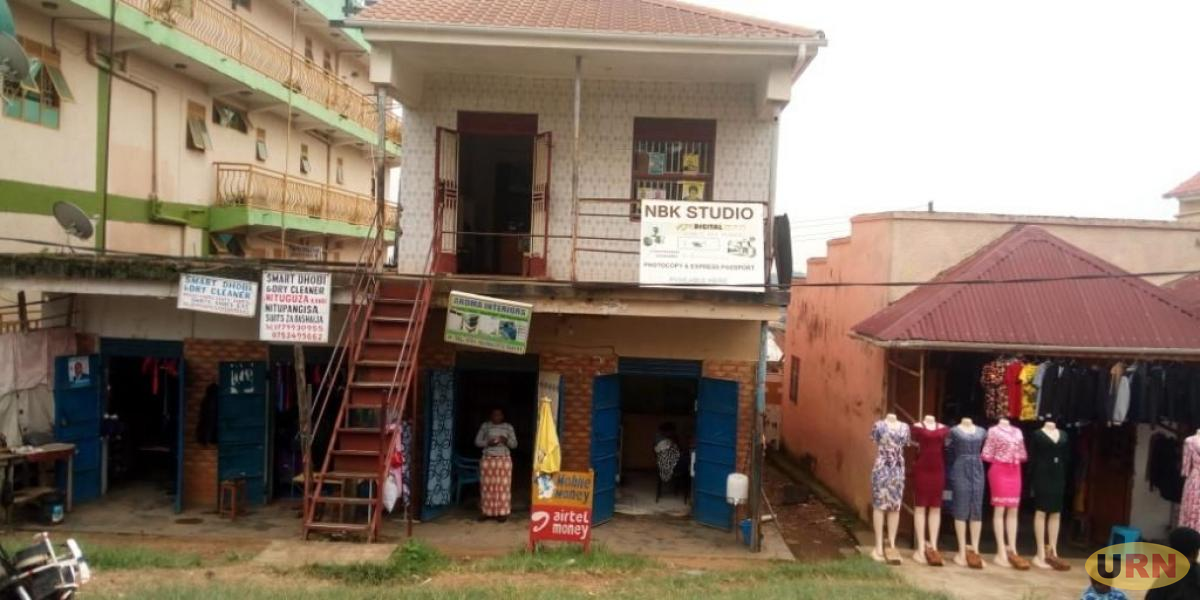The Minister of Finance, Matia Kasaija will read the budget before Parliament in June
The Ministry of Finance, Planning and Economic Development has issued a raft of measures it plans to use to raise more taxes next financial year, if approved by parliament.
The proposals in the new tax amendment bills are already raising fears among the public that they will most likely make worse the financial pressures some Uganda’s are under.
Some of these proposed changes affect some of the most essential consumer items like petroleum products, building materials and bottled drinking water.
Some tax increments per unit appear negligibly small, but there are fears that, characteristic of Uganda’s business community, the price increments arising will be multiple times higher, as the traders take advantage to reap more.
For example, the Ministry is seeking to impose an Excise Duty Tax of 500 shillings on a 50 Kilo bag of Cement, adhesives, grout, white cement or lime, but this will likely increase the prices by several thousand shillings.
Yet, over the last four months, the price of cement has risen from 32,000 to between 36,000 and 45,000 shillings depending on the brand and location.
The hike in prices is mainly attributed to factors affecting the imported raw materials, like disruptions in the supply chain for clinker, which accounts for almost 80 percent of the cement output.
The government and the industry have hope for the situation easing in 2025, when the newly licensed Sunbird Resources Limited expects to commence operations at their plant in Moroto District.
Sunbird Resources Ltd has partnered with West International Holdings Ltd, a subsidiary of West China Cement Ltd in a venture with a capacity to produce 6000 tonnes of clinker lime per day and 1 million tonnes of cement per year at Nadunget.
Ruth Nankabirwa, the minister for Energy and Mineral Development said this venture would save the country almost 700 million dollars annually in import costs.
Sunbird Managing Director Ambrose Byona said the project will commence testing for production next year, with official opening expected in July 2025.
On water, a raise of 10 percent or 75 shillings a litre whichever is higher, is planned on mineral water, bottled water and other water purposely for drinking.
Government proposes to raise duty on fuel products like Motor spirit (petrol) by 100 shillings to 1,550 a litre, diesel and others to 1,230 per litre and kerosene 500 shillings per litre, according to the Excise Duty Amendment Bill 2024 now before Parliament.
The 2022 global inflation and supply chain disruptions saw local prices rise from 3,700 shillings to 6,000 shillings a liter before dropping to between The m and 5,000 shillings, still far higher than the pre COVID-19 pandemic levels.
The prices have since risen back to 5,200 at smaller distributors to an average 5,400 shillings at majors like Shell and TotalEnergies stations. The new tax proposals are expected to lead to further increments by more than the 100 shilling rates.
The high tax increment on kerosene is partly aimed at discouraging it’s use for cooking in favour of liquified petroleum gas (LPG) that the government is promoting as part of the transition to cleaner energy. If approved, kerosene will be more expensive than the other fuels.
A welcome gesture by the Ministry is the proposal to exempt electric cars manufactured in Uganda and the charging equipment assembled in Uganda, as part of efforts to make the EVs more competitive on the market.
However, experts call for this to be extended to imported EVs as the local industry is still too young to cater for the market.
The ministry is also hailed for the Value Added Tax (VAT) exemption proposed on cooking stoves that use ethanol, as well as on agricultural inputs and equipment including hoes, pesticides, fertilizers, seeds and seedlings.
On income tax, the ministry has proposed a 5 percent withholding tax on gains earned from the sale of land in cities and municipalities, sale of rental property and sale of shares in a private company, with a deadline of 15 days after disposal of the assets or a penalty would apply for the delay.
Commenting on the proposals, Mark Ruhindi, a tax lawyer and commercial advisor called on Ugandans to brace for rougher times as the taxes could affect personal incomes.
He reasoned, for example, that it was wrong to apply a capital gains tax on an item that one had acquired, not for trading, but for personal use, and now seeks to dispose it of to a buyer who may also not be a trader.
“The proposed law… instead presumes that every real estate asset in a city or a municipality is an asset employed in a business enterprise. This may not be so. The proponents of the law have basically assumed that everyone who owns a second home in the city is in it as a trader. Even if such an asset is simply a retirement asset.”
Ruhindi called the Income Tax Amendment Bill a replica of what was rejected last year regarding the sale of property in the real estate sector, saying that it has now been repackaged and is back in another form.
“The tax is likely to deflate the real estate industry since a lot of retirement and savings assets are channeled into the sector and might escalate the housing deficit in urban centers even further. This new taxhead is also likely to have the negative implication of wiping out savings of the many investment club groups who buy land and hold for future development,” he reasoned.
He also expected wider, perhaps unintended, consequences of the proposals on the society.
“Inheritance, once a sacred tradition, now coming with a perpetual tax burden that spans generations. Even the rainwater you collect for sustenance isn’t spared from the taxman’s grasp. And when it’s time to bid farewell to a loved one, expect another levy on burial within city limits.
–URN





